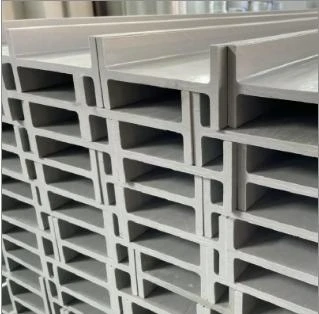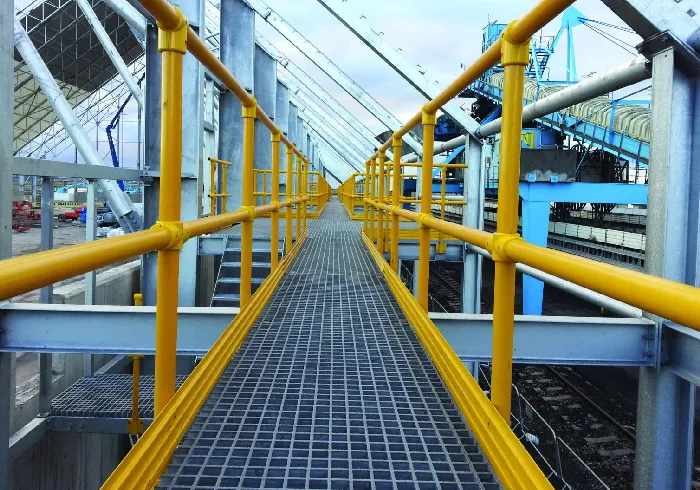loading...
- No. 9, Xingyuan South Street, Dongwaihuan Road, Zaoqiang County, Hengshui, Hebei, China
- admin@zjcomposites.com
- +86 15097380338
- Welcome to visit our website!
جنوری . 20, 2025 15:17
Back to list
Composite Food Grade Pressure Vessel With HDPE Inner For Water Filter
Fiberglass Reinforced Plastic (FRP) vessels have transformed industrial processes due to their advanced material properties and adaptability in various environments. They represent a paradigm shift from traditional materials such as steel and aluminum primarily because of their corrosion resistance, lightweight nature, and design flexibility.
From a sustainability perspective, FRP vessels provide an environmentally friendly option. Their production process typically consumes less energy compared to steel or aluminum fabrication. Moreover, the lightweight nature of FRP reduces transportation emissions, aligning with green initiatives and reducing industrial carbon footprints. For companies aiming to enhance their sustainability metrics, integrating FRP vessels within their process can be a significant step towards achieving those goals. A critical consideration for potential adopters is the long-term cost effectiveness of FRP vessels. While initial costs may appear higher compared to conventional materials, the longevity and reduced need for upkeep can result in a lower total cost of ownership. Industries operating under tight budgets can benefit financially in the long-term from this strategic investment. The credibility of manufacturers plays a crucial role in the adoption and trust in FRP vessels. It is essential to partner with suppliers who are not only certified but have a proven track record of delivering quality products that meet international standards. Engaging with reputable manufacturers ensures that businesses receive vessels that have undergone rigorous testing to guarantee performance and safety. Advancements in technology continue to propel the capabilities of FRP vessels. Modern manufacturing techniques, such as filament winding and vacuum infusion, enhance material properties, pushing the boundaries of what FRP vessels can achieve. These innovations result in stronger, more reliable vessels that can handle increasingly demanding industrial applications. In conclusion, fiberglass reinforced plastic vessels are indispensable in contemporary industrial applications. They combine superior durability, customization potential, and operational efficiency, elevating them above traditional material vessels. As industries strive for performance excellence and cost efficiency, embracing FRP technology becomes not only a wise strategic decision but an essential step in ensuring long-term operational success. Selecting the right FRP vessel, tailored to specific industry needs and backed by credible manufacturing expertise, represents a future-forward approach to industrial process management.


From a sustainability perspective, FRP vessels provide an environmentally friendly option. Their production process typically consumes less energy compared to steel or aluminum fabrication. Moreover, the lightweight nature of FRP reduces transportation emissions, aligning with green initiatives and reducing industrial carbon footprints. For companies aiming to enhance their sustainability metrics, integrating FRP vessels within their process can be a significant step towards achieving those goals. A critical consideration for potential adopters is the long-term cost effectiveness of FRP vessels. While initial costs may appear higher compared to conventional materials, the longevity and reduced need for upkeep can result in a lower total cost of ownership. Industries operating under tight budgets can benefit financially in the long-term from this strategic investment. The credibility of manufacturers plays a crucial role in the adoption and trust in FRP vessels. It is essential to partner with suppliers who are not only certified but have a proven track record of delivering quality products that meet international standards. Engaging with reputable manufacturers ensures that businesses receive vessels that have undergone rigorous testing to guarantee performance and safety. Advancements in technology continue to propel the capabilities of FRP vessels. Modern manufacturing techniques, such as filament winding and vacuum infusion, enhance material properties, pushing the boundaries of what FRP vessels can achieve. These innovations result in stronger, more reliable vessels that can handle increasingly demanding industrial applications. In conclusion, fiberglass reinforced plastic vessels are indispensable in contemporary industrial applications. They combine superior durability, customization potential, and operational efficiency, elevating them above traditional material vessels. As industries strive for performance excellence and cost efficiency, embracing FRP technology becomes not only a wise strategic decision but an essential step in ensuring long-term operational success. Selecting the right FRP vessel, tailored to specific industry needs and backed by credible manufacturing expertise, represents a future-forward approach to industrial process management.
Share
Next:
Latest news
-
The Rise of FRP Profiles: Strong, Lightweight, and Built to LastNewsJul.14,2025
-
SMC Panel Tanks: A Modern Water Storage Solution for All EnvironmentsNewsJul.14,2025
-
GRP Grating: A Modern Solution for Safe and Durable Access SystemsNewsJul.14,2025
-
Galvanized Steel Water Tanks: Durable, Reliable, and Ready for UseNewsJul.14,2025
-
FRP Mini Mesh Grating: The Safer, Smarter Flooring SolutionNewsJul.14,2025
-
Exploring FRP Vessels: Durable Solutions for Modern Fluid HandlingNewsJul.14,2025
-
GRP Structures: The Future of Lightweight, High-Performance EngineeringNewsJun.20,2025
